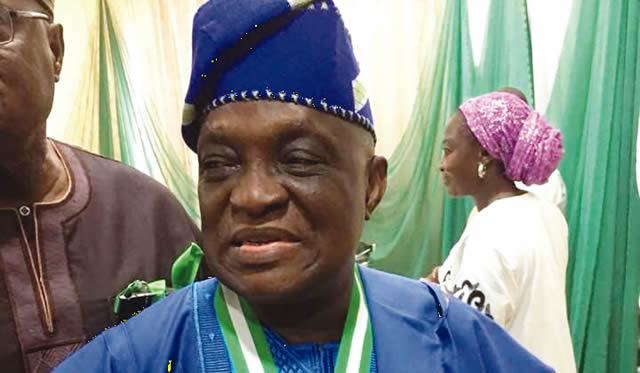When the name Ochanya Elizabeth Ogbanje resurfaces online, it reopens one of Nigeria’s most heartbreaking conversations about child sexual abuse and its devastating health consequences.
Ochanya, a 13-year-old schoolgirl from Benue State, died in October 2018 after allegedly suffering years of sexual assault at the hands of Andrew Ogbuja and his son, Victor Ogbuja, people who were supposed to protect her.
She had lived with the family while schooling, but according to a video she made before her death, she endured five years of continuous abuse that left her with Vesicovaginal Fistula (VVF), a severe medical condition that eventually led to her death.
Her death sparked nationwide outrage and the social media movement #JusticeForOchanya, demanding accountability and protection for minors.
On 22 April 2022, the Benue State High Court in Makurdi acquitted Mr Andrew Ogbuja of raping and causing the death of Ochanya. Yet, on the same day, the Federal High Court in Makurdi, in a separate case, convicted his wife, Mrs Felicia Ochiga-Ogbuja, Ochanya’s direct guardian, for negligence that exposed the child to abuse. She was sentenced to five months in prison without the option of a fine for failing to protect the girl from her husband.
Now, in 2025, Nigerians have revived the #JusticeForOchanya hashtag, reigniting anger and reflection on how society treats victims of abuse.
What is VVF?
Vesicovaginal Fistula (VVF) is an abnormal opening between the bladder and the vagina, causing uncontrollable leakage of urine. It is one of the most distressing injuries a woman can suffer, often linked to childbirth or sexual trauma.
In most cases, VVF develops after prolonged or obstructed labour, particularly when women lack access to skilled medical care during childbirth. The continuous pressure of the baby’s head cuts off the blood supply to the tissues between the bladder and vagina, leading to tissue death and the formation of a hole.
However, in rare and deeply tragic instances like Ochanya’s, the condition can result from sexual violence, early or forced marriage, or repeated physical trauma.
For victims, the consequences go beyond physical pain. Many experience social isolation, emotional distress, and stigmatisation due to constant urine leakage and unpleasant odour. Some are abandoned by their families or forced to live in isolation because of the shame attached to the condition.
A call for awareness and justice
Ochanya’s story is a painful reminder of how intertwined social neglect, medical ignorance, and systemic weakness can be. It highlights how vulnerable many girls remain, not just to abuse but to its long-term consequences.
Experts and advocates continue to stress that preventing VVF requires access to quality maternal care, education for girls, and stronger laws against child abuse and early marriage. When communities prioritise girls’ health and rights, tragedies like Ochanya’s become less likely.
Public health campaigns and NGOs such as the National Fistula Programme and the United Nations Population Fund (UNFPA) have made progress in raising awareness and providing free surgeries for victims. Yet, awareness remains low, particularly in rural areas. Many women still live with untreated fistula because they do not know it can be repaired or cannot afford to travel for treatment.
Although Ochanya’s case narrates one girl’s suffering, it symbolises the experiences of countless women whose pain remains unheard. It demands that Nigeria not only seek justice for one victim but also protect others from enduring the same fate.
As Nigerians once again amplify #JusticeForOchanya, the conversation must go beyond outrage. It must become a lasting movement that champions education, healthcare, and justice for every girl and woman living with, or at risk of, VVF.
Because every Ochanya deserves more than sympathy; she deserves a country that protects her.






